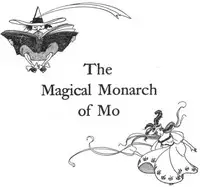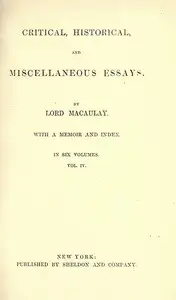"The Book of Tea" by Kakuzo Okakura is a philosophical treatise written during the early 20th century that explores the aesthetic, ethical, and spiritual dimensions of tea culture in Japan and China. Central to the book is the concept of "Teaism," which is presented as a way of appreciating beauty and harmony amidst the trials of everyday life. Through its examination of tea as both a practical beverage and a form of art, the work reflects on broader themes of human existence, cultural misunderstanding, and the importance of simplicity and humility. The opening of the book sets the stage for a deep exploration of the significance of tea in human culture. Okakura outlines the historical journey of tea from its medicinal origins in China to its elevation as a revered ritual in Japan, emphasizing the spiritual and philosophical meanings attached to it. He further critiques Western perceptions of Eastern customs, arguing for a mutual understanding and appreciation that transcends cultural stereotypes. In doing so, he portrays tea as a unifying force that fosters connection and reflection on life's profound aspects. The text highlights the evolution of tea practices, alluding to the harmony found in the tea ceremony and its role in shaping aesthetics and individual identity within Japanese culture. (This is an automatically generated summary.)

The Book of Tea
By Kakuzo Okakura
"The Book of Tea" by Kakuzo Okakura is a philosophical treatise written during the early 20th century that explores the aesthetic, ethical, and spirit...
Okakura Kakuzō , also known as Okakura Tenshin (岡倉 天心), was a Japanese scholar and art critic who in the era of Meiji Restoration reform promoted a critical appreciation of traditional forms, customs and beliefs. Outside Japan, he is chiefly renowned for The Book of Tea: A Japanese Harmony of Art, Culture, and the Simple Life (1906). Written in English, and in the wake of the Russo-Japanese War, it decried Western caricaturing of the Japanese, and of Asians more generally, and expressed the fear that Japan gained respect only to the extent that it adopted the barbarities of Western militarism.













